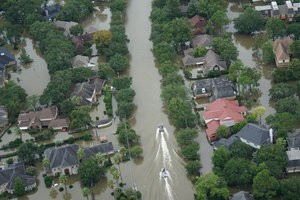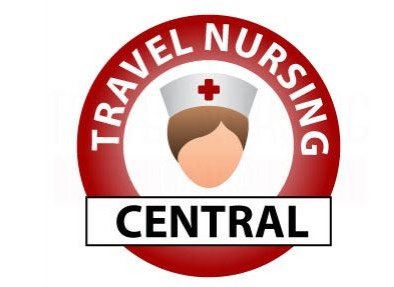
Hurricane Harvey has devastated the Houston area. Travel nurses are needed now more than ever.
In the aftermath of Hurricane Harvey and Hurricane Irma, both Florida and Texas are in desperate need of nurses. In fact, Florida Gov. Rick Scott recently pleaded for roughly 1,000 volunteer nurses via Twitter. Fortunately, many travel nurses will answer the call and provide much-needed support in the days and months ahead.
However, traveling to a crisis zone is not your typical travel nurse assignment. If you plan to travel to either Florida or Texas, here are the top four things you need to know:
- Getting there could be tricky: You might have to use indirect methods to reach your destination. That’s because the most direct routes, like major highways, might be impassible at the moment. So, instead of driving in your car, you might have to travel by boat or find a helicopter ride, like this group of nurses did.
- Your temporary living/working situation could be less than ideal: Parts of Houston and many communities in Florida are still under water, so housing will likely be scarce. Likewise, your work environment could prove to be more stressful than normal. For example, according to The New York Times, some nursing homes and assisted living facilities in Florida are still without power. Hospitals there may also have water damage, which can lead to mold and other potential health risks to you and your patients.
- You may be at risk for burnout: Extended hours, lack of sleep, and increased stress levels could be a recipe for burnout if you’re not prepared. So, remember to pack a few burnout prevention techniques along with your gear before you leave. For example, don’t forget to practice self-care, like eating regular meals or taking a few minutes’ mental break when necessary. Self-care is vital, especially in crisis situations. You won’t be able to help others if you become sick.
- You can make a difference: Despite the risks, most travel nurses will volunteer because they feel called to help people affected by the recent hurricanes. If you have the constitution for it, crisis travel nursing can be incredibly rewarding. You can be confident knowing that you are making a difference in the lives of your patients and your fellow healthcare workers.
If you are interested in joining the disaster relief efforts in either Florida or Texas, you should talk to your recruiter, or simply volunteer with the American Red Cross. However, if you are unable to travel or are currently on assignment elsewhere, you can also donate your money to a specific charity and/or give blood.

